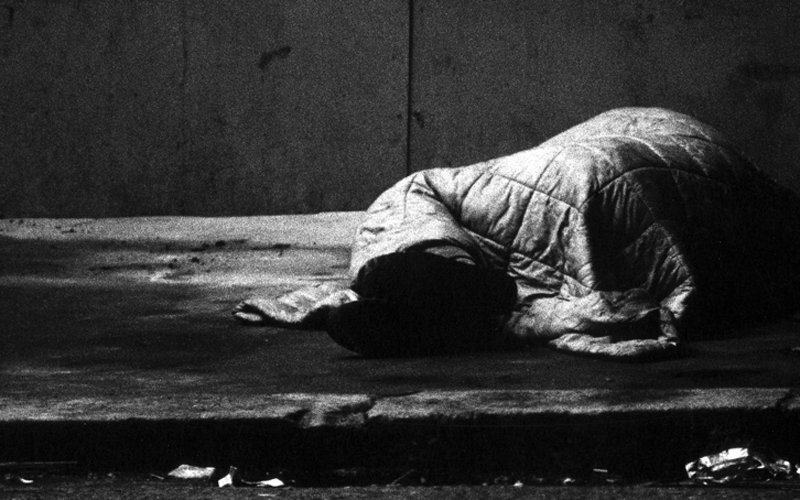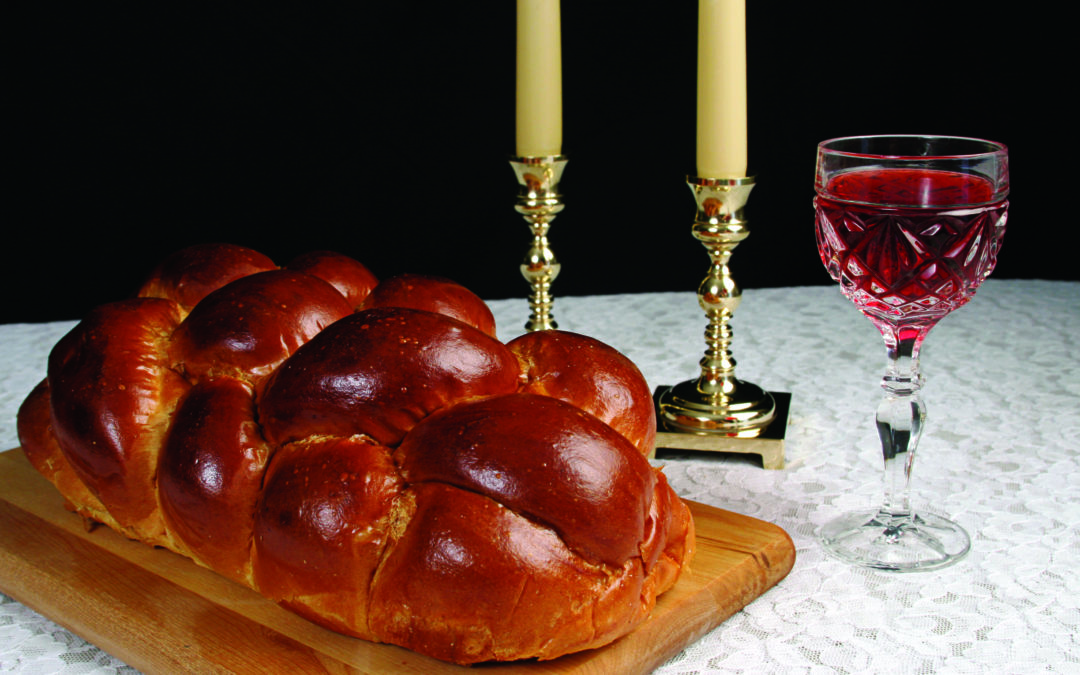by Valerie Boyer | Apr 16, 2022 | Headline News, Prayers & Devotionals |
Yesterday, churches around the nation gathered in person and virtually to commemorate the death and murder of Jesus. What a way to die, executed with his boys nowhere around, with the exception of John who he left in the care of his mother. He died in front of his mother. All of these people who loved Jesus, whether at the cross or not, had to live with the fact that they are now living in the world with a dead Jesus. We know now, because of history, that this part is an ongoing story, but even this part has a finality to it. Death is like that. Death is part of the process of living this life, and grief is its own beast of a complicated companion that comes with doing life with someone. These people had to grieve Jesus. God, the Father, had to watch his Son die. God lost His Son. Can you imagine it?
Who were your ones? Who are the people you love and loved so deeply, that your history is now split between before this person and after this person? Did you cry? Do you still cry? How did the gift that is grief show up for you? I believe in our liturgical imaginations, we have created services for almost every other day of Holy Week to commemorate, except for Saturday, because we just don’t know how to sit in grief. Grief can be an all consuming force to deal with, but grief is the price we pay for love, and they were loved. Sunday will get here in its own time, but we should take a page out of the Jesus story in this way too. There’s a reason that grief makes the story.
Theologians will debate about what He’s doing during this time, and the possibility of Him snatching the keys of hell and the people that will rise with him. What we know is that the people left on this side of the river Jordan had to grieve. And that alone is the gift here. The gift is frankly permission to grieve, and to feel feelings. It’s an invitation to learn how to sit in our Satur….sadder-days. It’s an invitation to not run and rush through the grief, but to trust God to get in the grief with you, since God knows what it’s like to live with the loss too. May we all learn how to be still on sadder-days, and hold in tension that this ongoing story, just with the added character of grief.
by Chandra White-Cummings, Urban Faith Contributing Writer | Mar 22, 2022 | Headline News |
It had been a long day. Not long because I had crammed one activity after another into a very small window of time, but long in the tangible way I had felt every hour pass. Even though I arrived late to pick up my son from track practice, his older brother and I ended up having to wait for him to come out of the building. As he opened the van door, pitched his backpack into the van, and hopped onto the seat, I skipped my customary “Hi, how was your day” greeting. My mind was too harried to bother with perfunctory courtesies.
I swerved into the exit lane of the school driveway, but just then a man walking alongside a bicycle stepped into the crosswalk. He appeared to be talking to himself. At the precise moment when my car stopped to wait for him to pass, he turned and saw me. Now he was coming back toward the van. Oh no, not today, I thought. But yes, today was the day, and it has now become to me an act of mercy and life-altering grace that I will never forget.
I rolled down my window, lowered the radio volume so he wouldn’t hear the Christian music playing, and fixed my face with an impassive look that I hoped would indicate an absence of hostility but also a need to finish quickly whatever our interaction would be.
When he came to the window, I was expecting him to start explaining what he needed. But instead, he handed me a piece of notepaper that I could see was about half full of writing. As I started to read, he began saying something that I couldn’t quite make out, but I could tell he was probably hearing impaired. His note basically related that he was new in town, didn’t have a place to stay, had no friends or family in the area, and hadn’t eaten in three days. He concluded with a simple request for money to buy food.
Now that I’ve had time to reflect on the experience, I realize that should have been my first clue that something unexpected was about to happen. Even with all his apparent needs—without a home, physical and perhaps cognitive impairments, hunger, no family—he had narrowed his request down to one thing: I’m hungry. Can you help me get some food? I see this now for what it was: raw humility.
I looked up from the note and explained that I didn’t have any cash. Usually I at least have some loose change in my ashtray or the well in the driver side door, but not today. So being satisfied that I had dispatched my obligation as best I could, I apologized for being unable to help and began rolling my window back up. Unlike other people in his situation I’ve met before, he didn’t look angry, nor did he become aggressive. He took the note back from me, smiled, and started walking back in the direction he was originally going.
As I pulled out onto the road, I said to my sons, “I really need to start carrying some cash so I can help when situations like this come up.” They both mumbled, “Yeah,” and I could hear in their voices that surly cynicism people get when they hear someone say something that they knew would quickly be forgotten. They were right. I had said this before.
But this time it felt different.
Continuing in the vein of my day, I started mentally processing what had just happened. Unsolicited, I heard and felt God’s whisper in my heart, saying, “You don’t have any cash, but you can still give him something to eat.”
Duh, of course … I did have my debit card! In a flash, it hit me with such intensity that it came bursting out of my mouth without me really intending it to. “Hey, I have a card!” I shouted.
Now my sons were energized too. They both sat up straighter in their seats and started looking for a place we could stop and buy our stranger something to eat. At the same time, we all spotted the Burger King to our left. In my new excitement and haste to rectify my original un-helpfulness, I swung the van into the turn lane and practically skidded into the BK drive-thru line. We were all thinking the same thing: we needed to hurry because he might not be in the near vicinity for too long. My sons both started yelling things we could order, and we settled on grilled chicken, fries, and a sprite. We figured if he hadn’t eaten in three days, his stomach might be sensitive, so grilled rather than fried seemed to fit the bill. I also was price conscious because my own finances were pretty slim.
After we ordered and paid, we started looking for him. Panic began to rise as we scanned the street in front of us and the sidewalk on both sides and didn’t see him.
“There he is!”
My younger son spotted him in the parking lot of a corner convenience store where he appeared to be talking with another driver about his plight. I made a half u-turn into the store parking lot and pulled up beside our friend. When he shifted on his feet to face us, I could see on his face a flicker of recognition, but just shy of familiarity. My older son was closest to him, so I handed the bag of food to him and he reached out the window. A look of sheer surprise spread over the man’s face. Clearly he couldn’t believe we were back. My son handed him the bag, and tears welled up in the man’s eyes.
“Thank you, thank you, thank you so much, and God bless you,” the man said. We blessed him back and pulled off.
I knew what had just happened, but I also knew something else had happened. That simple hand-off of food had ushered something “other” into our midst. A hush fell over all three of us, and my spirit bore witness that the interior of my van had been transformed into holy ground. The presence of God was overwhelming. Tears started running down my face, and I saw that my younger son was struggling to hold back the tears that sat pooled right behind his eyelids. Finally he said, “Gosh, he was so grateful … poor guy.”
I heard what my son said, but I also heard someone else speaking: “Whatever you do to the least of these, you’ve done it unto Me. Thanks for feeding Me when I was hungry.” Then again: “When you give to the poor, you lend to the Lord. Thanks for the loan; I’ll pay you back.”
I was speechless. On a day when I felt the burden of so much of my own need, and was almost near the edge of panic about my own money situation, the Lord Himself visited my little tribe and gave us an opportunity to see Him, and to be blessed not just by Him but with Him. God was there as real as I’ve ever experienced Him. I saw Him in the man’s unashamed humility, his open gratitude, his peaceful demeanor despite what had to be a grinding existence, and his ready forgiveness of my earlier rejection. This man may indeed be a pauper by earthly standards, but he was just as sure a prince by eternal standards. In that simple act of obedience, I had received so much more than I had given.
Since my meeting him that day, now more than a month ago, I have thought of him every day and prayed for him when I thought to do it. He makes me wonder how many times, in our harried and distracted living, we miss the opportunity to see Jesus because we don’t recognize Him when we see Him.
Our cities and urban areas are full with people who need to be fed, clothed, comforted. But I believe we pass Him by because of the “distressing disguise” in which he appears to us. Run-down tenements, trash-strewn alleys, and overrun housing projects are not usually our idea of heavenly places. But heaven is where Jesus is, and I think maybe He’s waiting for us to realize that truth.
I almost wish I could see my hungry friend again, just so I could thank him. Through his humanity and his need, he gave me a glimpse of Someone I desperately needed to see. He gave me the opportunity of a lifetime.

by Andrew Wilkes | Mar 2, 2022 | Headline News |
 During Lent, we commemorate the life, death, and resurrection of Jesus the Christ. As if it were New Year’s Eve, most Christians make a Lenten resolution, consecrate it with prayer, and stick it out until Easter. Our concern for particularity in this moment, while laudable, can prevent us from grasping — and being grasped by — a broader sense of mission. The immediacy of figuring out, “What am I going to give up?” can prevent us from asking, “What sort of person is God calling me to be within the church and the world?” The first question pivots around our personal aspirations; the second one opens up a vista of service and mission. Developing the latter theme, we might approach Lent as an opportunity to embrace the care of Christ and emulate his ministry of coming alongside and caring for the least of these.
During Lent, we commemorate the life, death, and resurrection of Jesus the Christ. As if it were New Year’s Eve, most Christians make a Lenten resolution, consecrate it with prayer, and stick it out until Easter. Our concern for particularity in this moment, while laudable, can prevent us from grasping — and being grasped by — a broader sense of mission. The immediacy of figuring out, “What am I going to give up?” can prevent us from asking, “What sort of person is God calling me to be within the church and the world?” The first question pivots around our personal aspirations; the second one opens up a vista of service and mission. Developing the latter theme, we might approach Lent as an opportunity to embrace the care of Christ and emulate his ministry of coming alongside and caring for the least of these.
Embracing the care of Christ can be painful, for it often requires a prior admission that we are wounded. Many recent college graduates work hard to secure employment and repay loans, only to experience job loss, a reduction of responsibility, or another economic shift causing them to move back in with their parents. They are wounded. Some 222,000 veterans have returned from Iraq to a jobless recovery, a gridlocked Congress, and employers who cannot grasp the relevance of leadership skills honed in a military context. They, too, are wounded.
Our individual ailments differ, but we share an Augustinian solidarity. The bishop of Hippo suggests that we are Good Samaritans, called to love across differences of race, class, religion, and other social realities. Yet we are also recipients of God’s boundary-bursting, Samaritan love — Jesus found us by the side of the road, bandaged our wounds, and nursed us into wholeness by the power of his Holy Spirit.
As a community whose health has been and is being restored, Christ calls us to tend to the social ills of his people and all people. Matthew 25:31-46, in particular, underscores the importance of feeding the hungry, clothing the naked, visiting those who are in prison, and welcoming the stranger.
By caring with and for society’s most vulnerable members — Jesus calls them “the least of these” — we bear witness to the in-breaking of God’s kingdom in Christ. We embody his love by performing acts that immediately address the maladies of drug addiction, domestic violence, and chronic sickness. Moreover, our engagement in intermediate, systems-transforming work on behalf of the least of these — inmates, immigrants, gay and lesbian military personnel, and so on — testifies to the restorative justice of God’s kingdom in Christ.
Such care, whether personal or structural, does not itself build or establish God’s kingdom. To claim that it does collapses human initiative into divine work (making devils out of those who may oppose it for well-argued reasons) and, more dangerously, runs the risk of idolizing the stratification of power that enables such change (e.g., relief and development arms of denominations or national governments become sacrosanct instruments beyond critique). Our individual and collective care for “the least of these” represent necessary and yet feeble attempts to follow in the footsteps of our Lord who prioritized the marginalized in his ministry. Our call is not about politics, not about ideology, but about modeling the love and justice of Christ. Cornel West has famously remarked that, “Justice is what love looks like in public.” What does our Christian faith look like out on the street?
Lent reminds us that the church’s social service and justice-making efforts fall short of God’s glory, that our best attempts to repair the world are still broken, leading us to depend anew on the care of Christ. We are weak, but the consolations of our Lord are strong; through him we discover the strength to love, the power to carry on.






 During
During